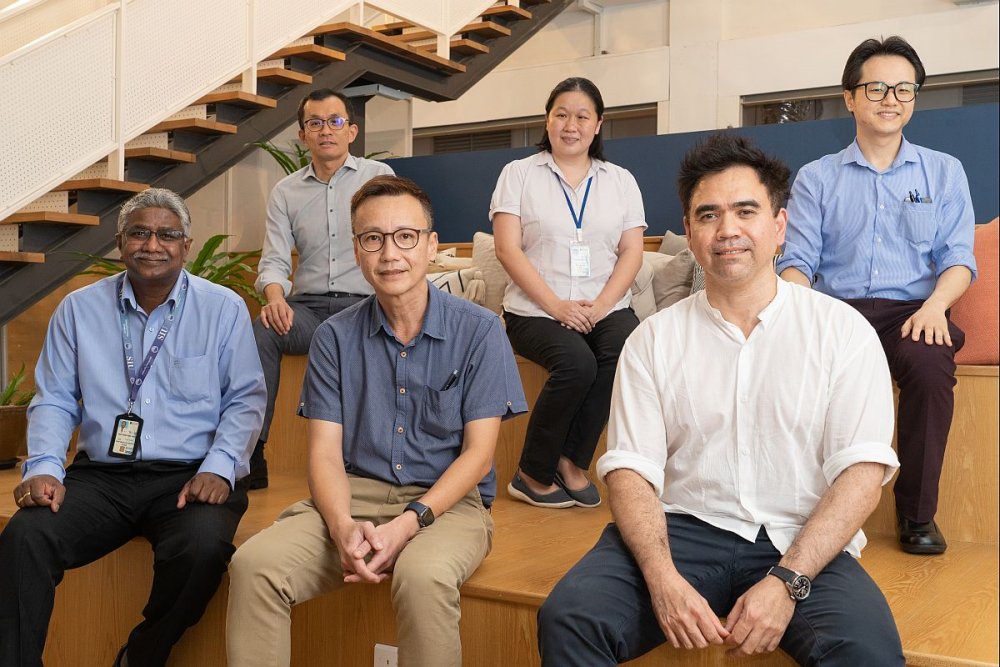In an unprecedented feat, a team of medical experts from Universiti Malaya Medical Centre (UMMC) successfully performed a kidney transplant on an HIV patient, marking a first in Malaysian medical history.
Six months after the operation, the patient is thriving, and the landmark case has sparked vital conversations about healthcare equality and discrimination.
The Team Behind The Triumph
The medical team consisted of Dr Lim Soo Kun, a nephrologist; Dr Shanggar Kuppusamy, a urologist; and Dr Raja Iskandar Shah Raja Azwa, an infectious disease expert. These doctors spoke candidly about the significance of the operation and the challenges faced.
The Patient’s Journey
Referred to as Mr C, the patient is a man in his 50s diagnosed with HIV two decades ago. After suffering from kidney failure two years ago, Mr C was turned away by many dialysis centres due to his HIV status. Undeterred, he consulted over 20 doctors both locally and internationally. Eventually, his quest for equitable treatment led him to UMMC.
The Donor’s Dilemma Resolved
Finding a donor wasn’t an obstacle, as Mr. C’s wife courageously volunteered. “People are generally used to the status quo and don’t want to challenge it,” said Raja Iskandar, the Malaysian AIDS Council president. He remarked that lingering prejudices still impact HIV patients’ access to healthcare.
The Operation
The surgical procedure took around three hours and involved two concurrent operations— one on Mr C and another on his wife. “The precautions taken were ordinary,” noted Shanggar, debunking myths that HIV patients require extraordinarily complicated medical procedures.
The Medical Perspective
“Undetectable = Untransmittable,” said Lim. He emphasised that if the virus is undetectable in a patient’s blood, the risk of transmission is nearly zero. Mr C had an undetectable viral load, making him a viable candidate for the surgery.
Confronting Risks and Rewards
While any transplant comes with the risk of organ rejection, HIV patients face additional concerns due to anti-rejection medicines that suppress the immune system. In Mr. C’s case, however, his immune system was relatively robust due to ongoing HIV treatment, mitigating these risks.
The Future Outlook
The success of this groundbreaking operation has profound implications for healthcare in Malaysia and potentially across Asia. “It’s a big win against stigma. There’s no longer any reason why an HIV patient should not be given the same opportunities for healthcare,” Raja Iskandar pointed out.
Dr Shanggar echoed this sentiment, saying, “We should move on from discriminating against patients.” Meanwhile, Lim hoped that NGO-run dialysis centres would soon open their doors to HIV patients. He advocated for “equitable access to healthcare, fundamental to the medical fraternity.”
Conclusion
This landmark operation is not only a medical marvel. It is also a triumph over societal stigma, provides a ray of hope for HIV patients. It serves as a clarion call for healthcare providers to challenge prejudices and rethink treatment possibilities. The success story of Mr. C is indeed a step forward in fighting against the discrimination that has haunted HIV patients for decades.













